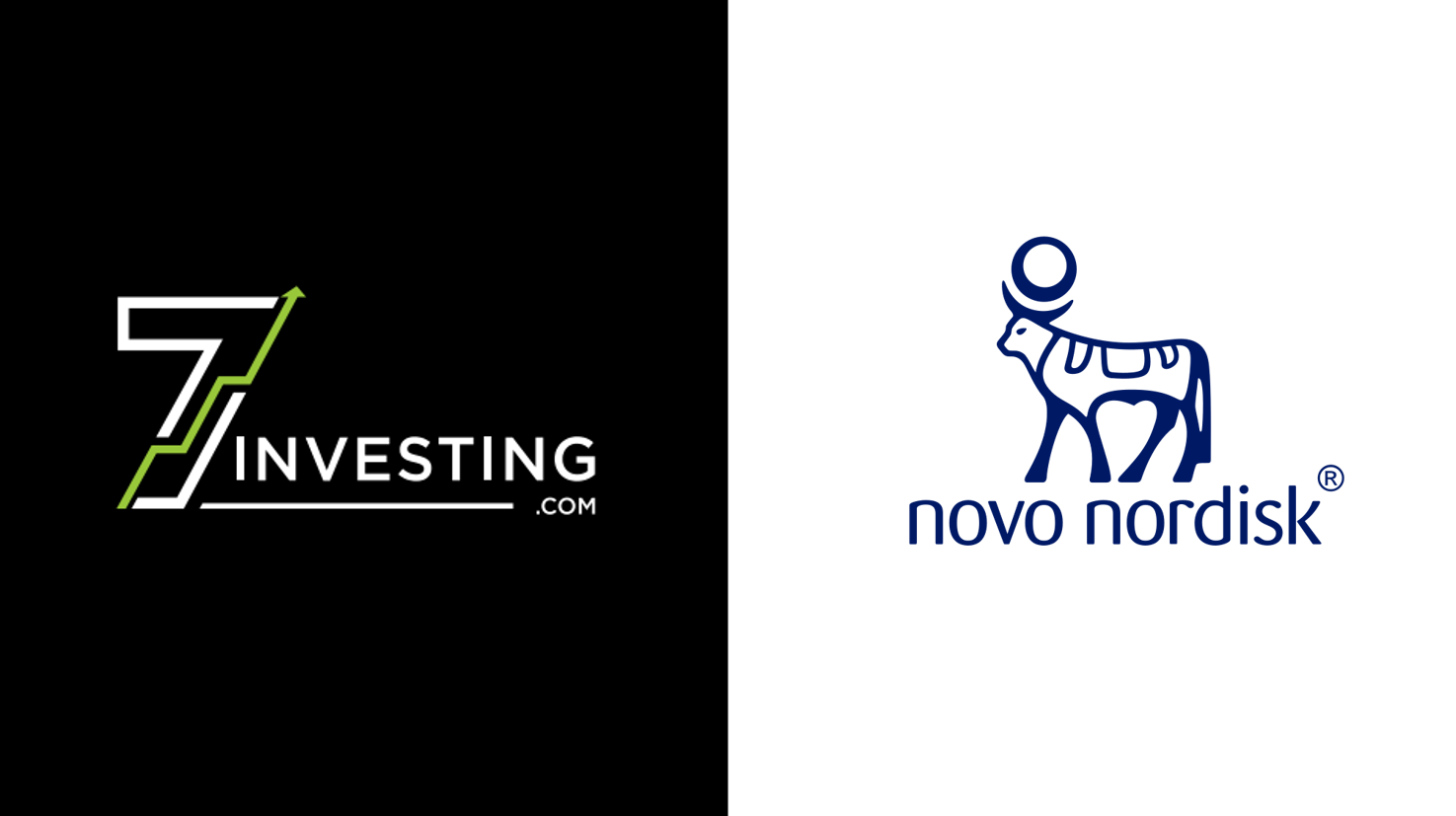Free Preview
Netflix missed on subscribers and investors sent shares of the company down 10% in after-hours trading. 7investing Now Host Dan Kline explains why they’re getting it wrong and falling victim to short-term thinking. Then, Dana Abramowitz talks why exercise may be a magic bullet for health (and what that means to investors and Maxx Chatsko talks Bluebird Bio’s situation in Germany. And then, to close out the show, GreenPrint CEO Pete Davis joins Dan to talk what consumers actually want when it comes to sustainability.




